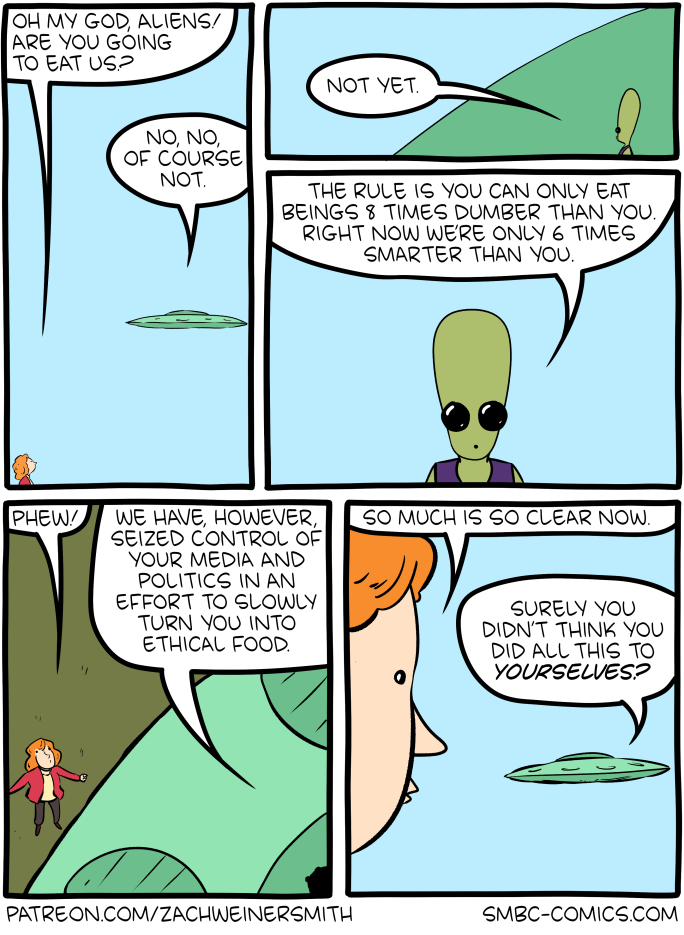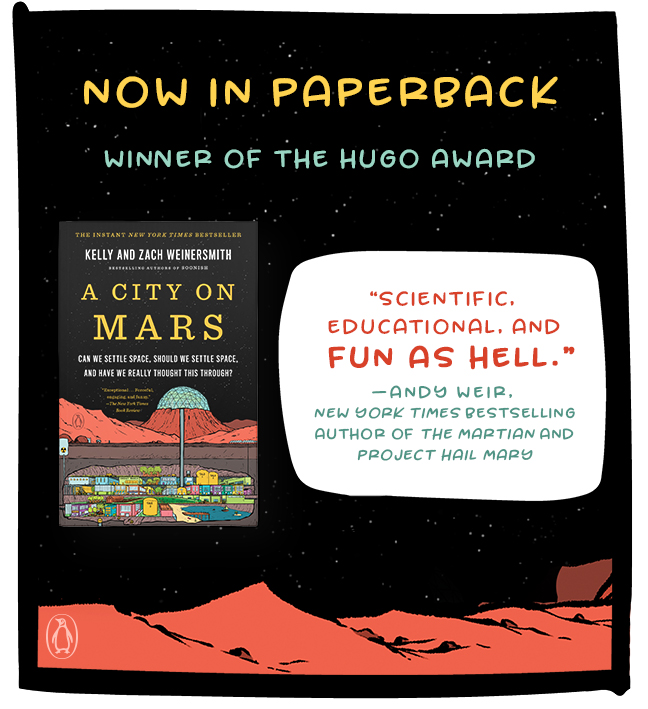It's summer, and that means it's time for my favorite theater vacay in Minnesota -
Great River Shakespeare Festival in lovely riverside Winona. For over 20 years, GRSF has been producing excellent theater, primarily but not exclusively Shakespeare, within a festival that includes community engagement events, making it all feel like a fun, welcoming, theater camp. With two shows performing in rep with an acting company of nine, you could make the two-hour drive down along the river and see both shows in one day (Friday or Saturday), or stay in Winona one night and get back home to continue your weekend, or stay several nights and enjoy all of the nature and activities that are to be found in Winona. This was my 7th year attending the festival and it was once again a fun, relaxing, engaging weekend. Now in the post-season pre-Fringe lull in #TCTheater is a great time to get out of town, enjoy summer in Minnesota, and experience theater in the festival setting!
Shows continue for two more week/ends, so make your plans now!
This season's Shakespearean offerings are an excellent pair of plays that at first glance seem totally disparate - the Romeo and Juliet and The Comedy of Errors. But as Board Chair Kris Blanchard notes in the program, "Both productions show a disjointed community - one that is harshly and violently divided, and another that has closed itself off to visitors. One community is only brought back together through tragedy; the other through hilarity." Unfortunately, the ideas of division and exclusion are extremely relevant and relatable right now, and it feels healing and hopeful to watch these two examples of a way out and through to more connection, acknowledging our shared humanity.
 |
Juliet (Serena Phillip) and the grieving nurse
(Stephanie Lambourn, photo by Dan Norman) |
Romeo and JulietI've seen Romeo and Juliet a million times, but ever like this. Director H. Adam Harris (formerly based in the Twin Cities and now the Artistic & Audience Engagement Associate at South Coast Repertory in California) has imagined it as a memory play, taking clues from the text itself. The prologue of the play announces the ending, and since Juliet's nurse, typically played as a comic character, states early in the play that she lost a child around Juliet's age (something I had forgotten or not even really noticed before), he chose to place the story within her memory. This works incredibly well, with aid from the lighting and sound design that clue us in to certain moments. The nurse (beautifully played by Stephanie Lambourn, returning to GRSF after years away) is often on stage watching the action, reacting to it with pleasure or despair, and at key moments pauses, her face etched in grief, or repeats lines to greater meaning. In many ways, this is the nurse's story, although of course the young lovers' story still looms large and is very affecting, with excellent and endearing performances by Alessandro Yokoyama and Serena Phillip. But seen through the eyes of a loved one, losing another child and being reminded of the first loss, the tragic and senseless deaths hit a deeper chord. To see a 400+ year old play that you've seen so many times you could recite some of the lines, and find something new there, is a delightful surprise.
 |
Antipholus (William Sturdivant) and Dromio
(Emily Fury Daly, photo by Dan Norman) |
The Comedy of ErrorsShakespeare's screwball comedy is a great antidote to his greatest tragedy. Containing many of his favorite tropes - identical twins, mistaken identities, shipwrecks, sudden reunions - it is one of only two Shakespeare plays that take place entirely in one day (as we learned in the pre-show - more on that later). Two sets of identical twins, one servants to the other, were separated at a young age, and on this day find themselves in the same place - Ephesus, where one master/servant pair lives. The other pair (also with identical names, Antipholus and Dromio) arrives from the hated Syracuse (people who are forbidden from entering Ephesus, with a lot rhetoric and othering that sounds familiar), and hijinks ensue as everyone in town, including Antipholus' wife, and the twins themselves, mistakes one for the other. Adding to the fun, each set of twins is played by one actor - William Sturdivant as Antipholus and Emily Fury Daly as Dromio - literally running all over the stage, changing hats and jackets to switch from one twin to the other, and sometimes acting opposite a ball on a stick as their twin. Directed by GRSF's Artistic Director Doug Scholz-Carlson, who introduces the show with a couple of cast members, explaining the conceit and having fun with the idea of casting the 20-some characters with just nine actors (which also allows for a clever use of
Max Headroom, and a bucket on a stick), it's a madcap silly romp of a comedy.
 |
R&J (Alessandro Yokoyama and Serena Phillip)
(photo by Dan Norman) |
GRSF currently performs in the DuFresne Performing Arts Center on the campus of Winona State University, but next year they will be moving to the Historic Masonic Temple just a couple blocks away. This will allow them to have a year-round space, with everything under one roof. For their final year at the DuFresne, they have moved the audience back to the seats, after a couple of years of having risers on the stage creating a more intimate thrust performance space. Both shows perform on the same set (designed by Leah Ramillano), with wooden slats framing the proscenium, and a platform creating multiple performance levels. But the two shows look and feel different thanks to differences in lighting, sound, and props.
The Comedy of Errors has an '80s aesthetic, allowing for some fun with neon colors, shoulder pads, and big hair. Costume designer John Merrit has created both these wild '80s look, and the retro/modern costumes for
Romeo and Juliet, combining corsets with denim for a uniquely gorgeous look. (Lighting design by Avery Reagan, sound design by Matthew Tibbs, props design by Karl Gfall.)
This small but mighty nine-person company really works well together; most perform multiple roles in both shows. In addition to those mentioned above, the company also includes longtime GRSF company member Michael Fitzpatrick as Lord Capulet and the Antipholuses' father, Gavin Mueller as the friar and a merchant, and Diana Coates and Eliana Row as Antipohlus' wife Adriana and her sister, and Romeo's pals Mercutio and Benvolio (among others). The casting of the various roles in the two plays is very well done, with actors having main roles in one show playing smaller parts in the other. Sometimes parallels can be drawn between an actor's roles in the two plays, such as Stephanie Lambourn playing a mother who lost her child in both plays.
Another important part of the company are the six understudies, a group of MFA students from University of Tennessee Knoxville spending the summer in Winona. In addition to understudying all roles in both plays, they also perform the pre-show "Green Show" (outside on the lawn, weather and sprinklers permitting), which is kind of a mash-up up many Shakespeare plays around the theme of the play we're about to see. They also provide useful handouts with character relationships, and tell us a bit about the play. As if that's not enough to keep them busy, they're also doing their own play, Two Gentleman of Verona, performing at various locations in the area.
In addition to the plays, GRSF also has activities and camps for kids, ice cream socials after Friday and Saturday night shows, Thursday evening post-show discussions, and company conversations at Blooming Grounds Coffee every Sunday at 11am,
which you can also watch on Facebook. The leadership team (Artistic Director Doug Scholz-Carlson, Managing Director Aaron Young, and Co-Associate Artistic Director Melissa Maxwell) introduces every performance and are available for questions, comments, and discussions before and after the show. All of the above contributes to the welcoming community feel of the festival.
If you're a #TCTheater fan,
Great River Shakespeare Festival is something you must experience at least once, as Minnesota's only professional Shakespeare festival (that I know of). It's a lovely two-hour drive along the river with fun stops along the way (Red Wing, Lake City, the Laura Ingalls Wilder Museum and sites in Pepin). Once you get there, there are many hotels and AirBnBs in the area, and if you're a Bed & Breakfast person like I am, I highly recommend the
Carriage House B&B across the street from campus - a location that can't be beat, with unique and comfortable rooms and delicious breakfasts that will fuel you for the day. Other fun activities in Winona include the excellent
Minnesota Marine Art Museum, several Minnesota State Parks in the area, a beautiful hike up to the
Sugar Loaf overlooking the town, kayaking on Lake Winona, biking on area trails, taking a cruise on the river, and multiple shops and restaurants.
 |
the view of Winona from Sugar Loaf Bluff
(photo credit: @cherryandspoon Instagram) |




.png)





